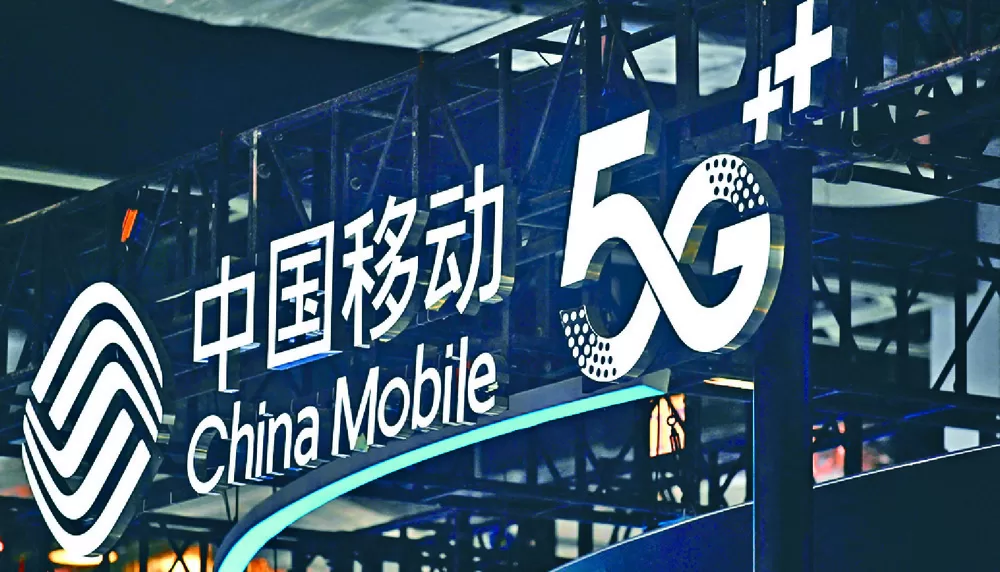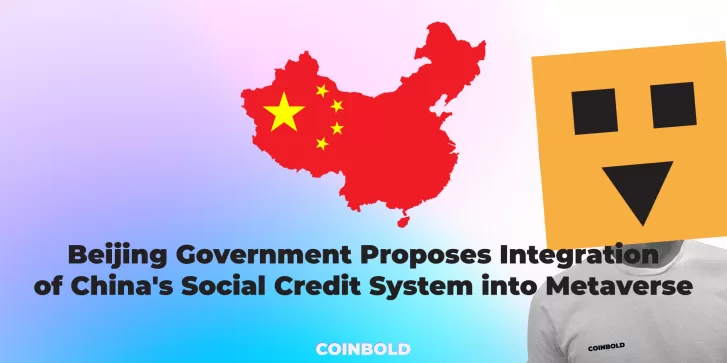Explore the proposed integration of China’s social credit system into the metaverse by Beijing’s state government. Learn about China Mobile’s initiative to establish a Digital Identity System for metaverse users, how it aims to enhance virtual world safety, and its potential implications for privacy and control.
Fusing Social Credit with the Virtual Realm
The boundaries between reality and the digital realm continue to blur, as Beijing’s state government sets its sights on ambitious integration. Reports indicate that China Mobile, the state-owned telecom operator, is spearheading a proposal to intertwine China’s polarizing social credit system with the burgeoning metaverse.

A Glimpse into the Future
According to credible sources, the proposal envisions the establishment of a Digital Identity System tailor-made for metaverse users. This system, if realized, would intricately combine users’ digital identities with their personal data, encompassing both innate characteristics and social attributes. Furthermore, the proposal suggests that this amalgamated information should be permanently stored and accessible to law enforcement agencies, all in the name of upholding the “safety” of the virtual world.
Virtual Accountability and Control
China Mobile’s proposal casts a spotlight on a potential advantage of this integrated system. By citing an example scenario, the telecom operator proposes that such a system could have been instrumental in curbing the chaos that ensued when a metaverse user disseminated false information, resulting in widespread turmoil. The seamless integration of users’ digital identities and personal data aims to introduce a layer of accountability within the metaverse landscape.
Unpacking China’s Social Credit System
At the heart of this proposal lies China’s social credit system, a dynamic and evolving infrastructure designed to evaluate citizens’ conduct across a multitude of parameters. While touted as a mechanism to enhance societal behavior, this system has often been mired in controversy due to its potential to serve as a tool for authorities to curtail individual freedoms and control online activity.
Collaborative Endeavors on the Global Stage
China Mobile’s proposal extends its reach beyond domestic discussions. The initiative emerged as part of ongoing deliberations between China Mobile and the International Telecommunication Union (ITU), a prominent United Nations agency responsible for establishing global standards in telecommunications technology. Nonetheless, this engagement has sparked criticism aimed at China, accusing it of endorsing a government-managed iteration of the internet and telecommunication network.

China’s Metaverse Footprint
China’s presence in the metaverse domain is unmistakable, with its major cities taking significant strides in driving metaverse development. Notably, Nanjing’s State-backed Metaverse Initiative, launched in May, is indicative of the nation’s earnest endeavor to foster growth and innovation in this rapidly evolving sector.
Balancing Innovation and Control
The proposal to weave China’s social credit system into the fabric of the metaverse underscores the intricate interplay between technological advancement, individual liberties, and state authority. As Beijing’s government envisions a digital identity ecosystem that bridges reality and the virtual realm, discussions surrounding data privacy, law enforcement access, and user empowerment take center stage. The metaverse, once a realm of limitless possibilities, now finds itself at the crossroads of innovation and control, prompting a fundamental question: Can these diverse elements coexist harmoniously, shaping a future that embraces both progress and protection?


